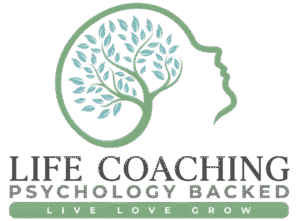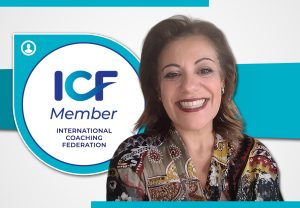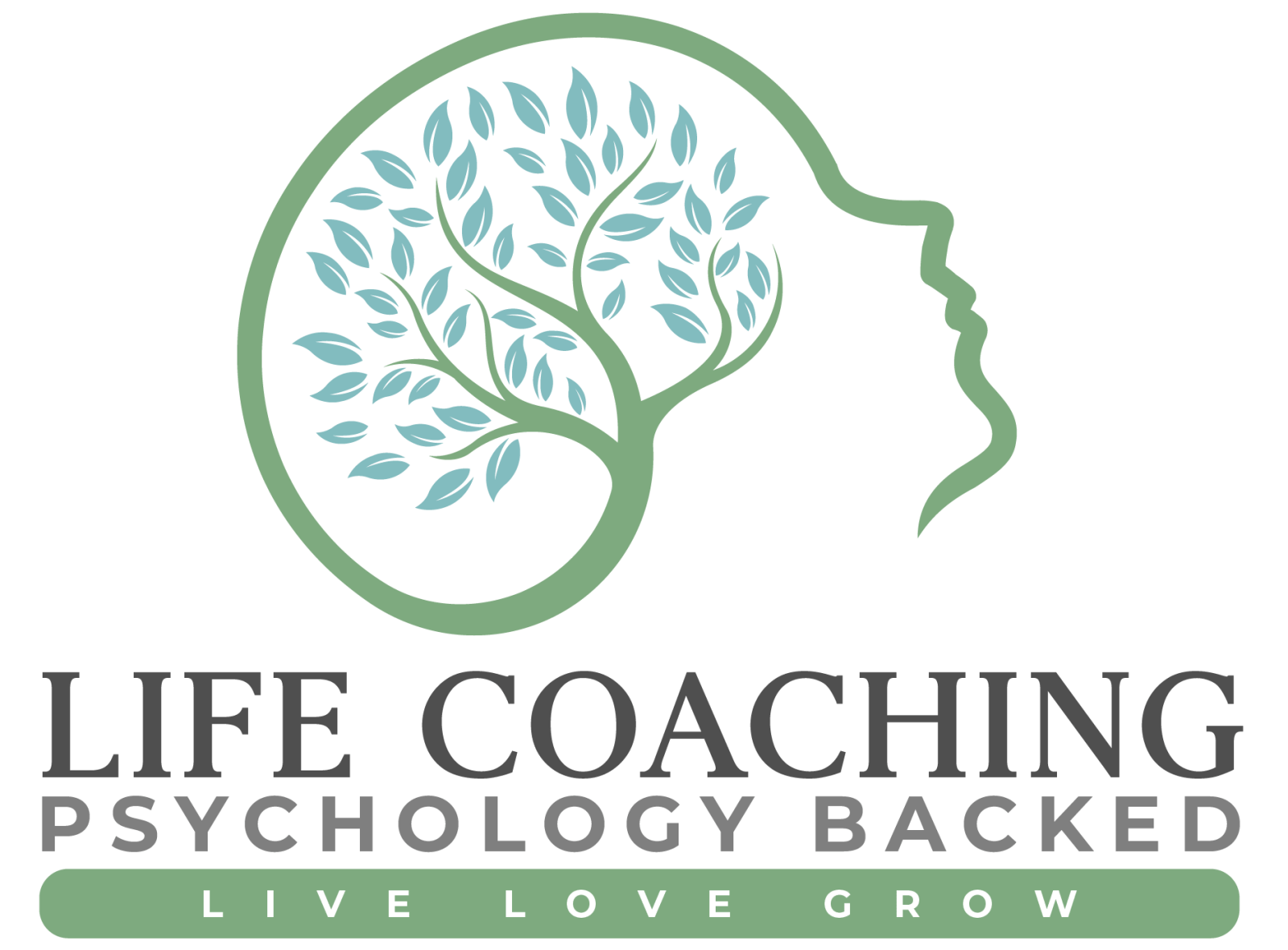There’s a moment many mothers experience but only a few can talk about.
It’s not the sleepless nights or the tantrums in grocery store aisles. It’s the quiet ache that follows a reaction you wish you could take back. The tears you shed alone after snapping at your child. The weight of guilt sitting beside the overwhelming love.
It’s the realization that you’re not just raising a child, you’re simultaneously facing the parts of yourself you’ve long buried. The parts that were dismissed, or never healed. It is time you start healing your inner child.
As a personal development and parenting coach, and as a mother myself, I’ve lived this duality. I’ve coached countless women through it. And I want to start by telling you something you may need to hear:
You’re not failing. You’re just healing.
This is the invisible journey so many of us walk: learning how to nurture a child while still learning how to nurture ourselves. Parenting, for many of us, becomes the catalyst for uncovering our deepest wounds and our deepest capacity for growth.
Let’s begin.
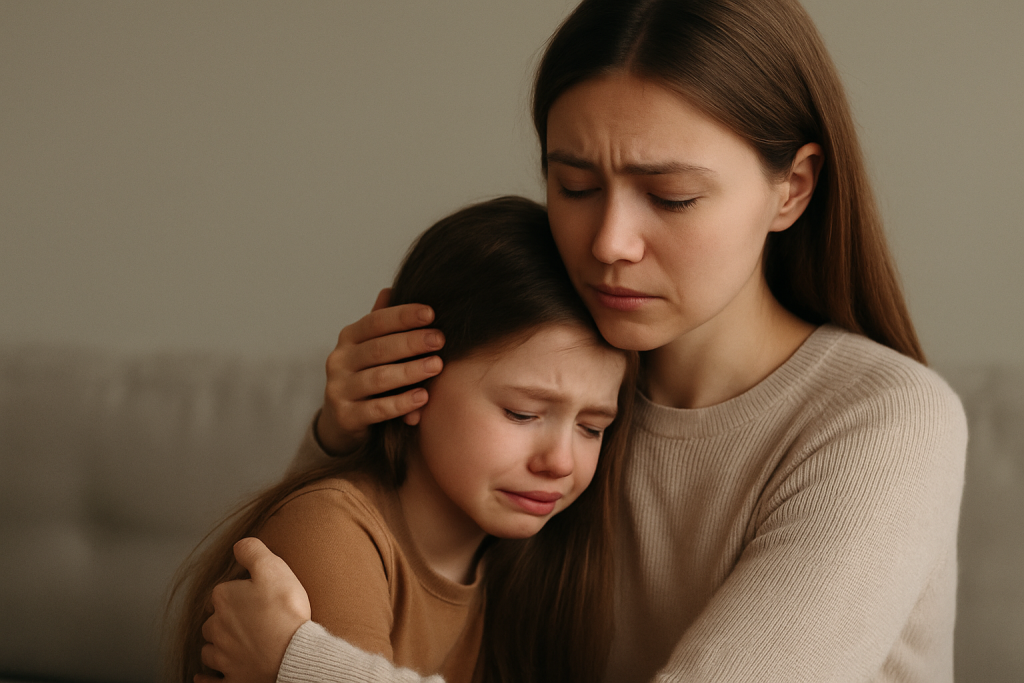
The Moment I Realized My Inner Child Was Running the Show.
For a long time, I have operated from a place of survival.
Not intentionally but from old conditioning and wounds I hadn’t yet acknowledged. I had nervous system responses I thought were just “my personality.” I craved control. I feared chaos. And when my child was loud or needy or unpredictable, I felt threatened in ways I couldn’t explain.
Until one day, in the middle of a tantrum, something clicked.
I wasn’t just reacting to my child’s cries, I was reliving my own unmet needs. Their “too much-ness” was brushing up against the parts of me that had been silenced or punished when I was little.
That’s when I met her, my inner child.
She wasn’t a memory. She was alive in my body, in my triggers and in my parenting.
What Is the Inner Child, Really?
When we talk about the “inner child,” we’re talking about the emotional residue of our earliest experiences. We are talking of the needs that weren’t met, the love we didn’t receive in the way we needed it, the safety we may have lacked.
This inner child doesn’t live in our past. She lives in our present reactions, in the way we people-please, shut down, or overcompensate.
And when you become a parent, she becomes loud.
Because along with raising your child, you’re also reparenting yourself.
The Trigger Loop: Where Our Wounds Show Up
Let me walk you through a common cycle I have seen in myself and my clients:
- Your child melts down in public.
- You feel shame rise, what will people think?
- You snap or shut down.
- Later, you feel guilt and remorse. You may even cry.
- You vow to do better, but the cycle repeats.
What’s happening here isn’t just a parenting issue. It’s a nervous system activation rooted in your past.
For example, if you were punished for being “too emotional,” your child’s emotional expression might unconsciously feel unsafe to you, even if you rationally know they’re allowed to cry.
This is why parenting can feel so exhausting, it’s not just the physical load. It’s the emotional rewiring.
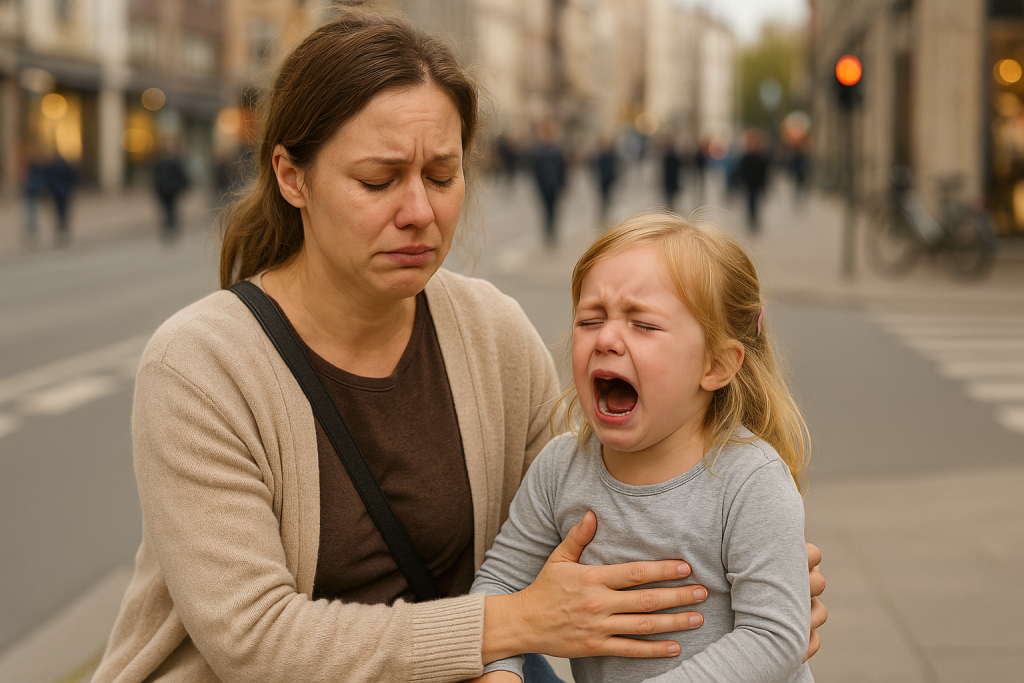
You Don’t Need to Be Healed Before You Parent Well.
As someone who provides personal growth counseling, this is a myth I want to bust right now. You don’t need to be perfectly healed before you become a conscious, connected parent.
In fact, your healing and your parenting can happen side by side.
What matters most isn’t perfection,it’s awareness. And repair. And the willingness to keep showing up, even when you don’t get it right the first time (or the tenth).
Some of the most powerful parenting moments are not the “perfect responses”. They’re honest apologies. They are all the more about the quiet hugs after a storm, the willingness to grow with your child. It’s about humanizing yourself in front of your child. You are not always perfect and can make errors and compensate for it, it’s okay if your kids are aware of that.
Ways to Heal Your Inner Child While Raising Your Own
The day I began to reparent myself was the day I stopped expecting myself to always get it “right.”
Here are some parenting tips that helped me and that I now share with my clients:
1. I Gave My Inner Child a Voice
One thing that helped me was that I started journaling like her. What did she want? I told her what she needed to hear, all of what comforted her. She told me so many things that she felt. Talked of the moments when she wasn’t allowed to be loud, messy, or needy?
I wrote letters to my younger self. Sometimes they started with:
“Dear little me, I’m so sorry you felt so alone…”
That alone changed the way I responded to my own child. When they cried, I heard both of us.

2. I Paid Attention to My Triggers
As I shared with you earlier, I see so many parents feeling ashamed of themselves. Sharing my own experience here, when I reacted a certain way, instead of shaming myself for reacting, I got curious.
“What’s this reminding me of?”
“Whose voice is this? mine, or someone from my past?”
This wasn’t always instant. But even just asking the question slowed me down and gave me the space to respond instead of react.
3. I Practiced Nervous System Regulation
This one is huge.
When we’re dysregulated, we can’t show up as the parents we want to be. So I started incorporating small daily practices. I did some breathwork, shaking out tension, humming to activate my vagus nerve, walking barefoot outside.
Regulation doesn’t mean being calm all the time. It means recognizing when you’re not, and knowing how to find your way back.
Your Child Doesn’t Need a Perfect Parent,They Need a Present One.
One of the most liberating truths I’ve learned is this: your child will be okay, even when you’re not okay all the time.
What matters most is repair.
When I tell my clients to aplogise to their kids and that too keeping in mind that they do not do that not in a self-blaming but in a relational way. They saw something shifted in their relationship with their kids.
I suggest them to communicate their emotions by saying things like:
- “I’m sorry I raised my voice. That wasn’t fair to you.”
- “I’m feeling overwhelmed right now, but I still love you very much.”
- “I’m learning how to do this, too.”
Children don’t need us to be flawless. They need to feel safe, seen, and supported. Even when we’re struggling.
And every time you show them that emotions are okay, that mistakes aren’t shameful, that love can hold conflict, you’re teaching them things you maybe never learned yourself.
That’s healing work. For both of you.
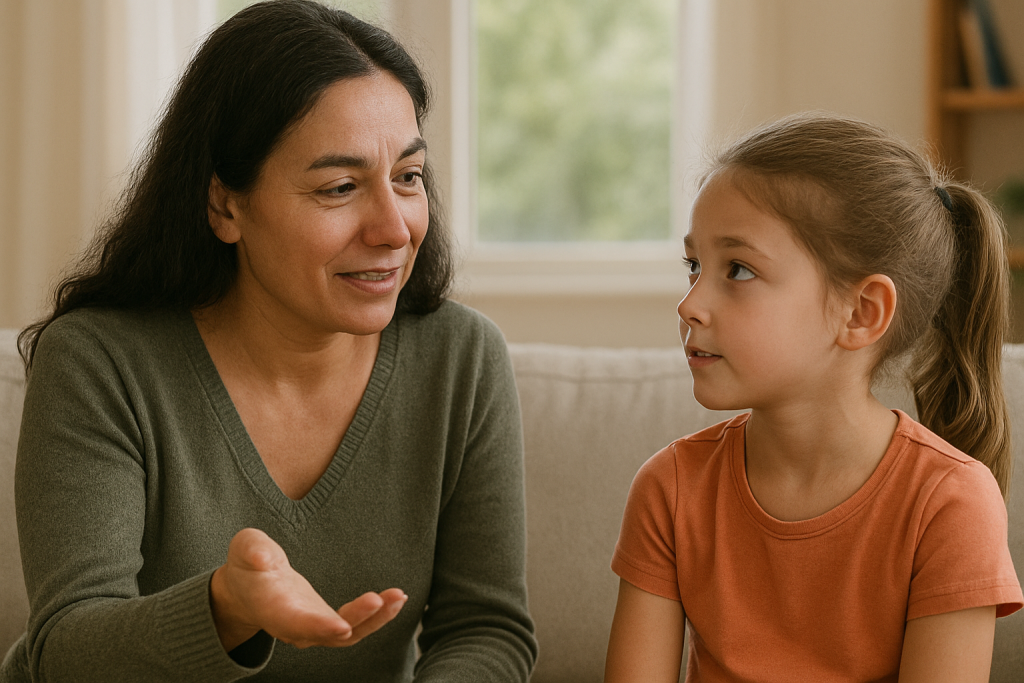
Letting Go of the Mother You Thought You’d Be.
I used to have this image in my head of who I would be as a mother.
She was patient, always grounded, and deeply intuitive. She never yelled, never doubted, never cried in the laundry room.
And then real life happened.
And I grieved the idea of her. When I provide parent coaching, I constantly tell them
“Grieving the mother you imagined doesn’t mean you’ve failed. It means you’re letting go of illusion and choosing to meet yourself. You do that by being fully and honestly as you are.”
That’s where real growth begins.
Breaking the Generational Cycle, Gently.
So many of us set out to be “different” from how we were raised.
But here’s what I often say to my clients: you can’t break a pattern if you’re only resisting it, you have to understand it.
Our parents did what they could with what they had. Many of them didn’t have the language for emotional safety. They had no knowledge of emotional regulation, or gentle discipline. They had survival.
We’re the first generation, in many ways, to have access to this kind of emotional awareness.
So no, you won’t always get it right. But even the fact that you want to do things differently is progress. It is evidence that you already are trying to be different.
You are the cycle-breaker. The pattern-shifter. The one who said: it stops with me.
And that deserves celebration, not shame.
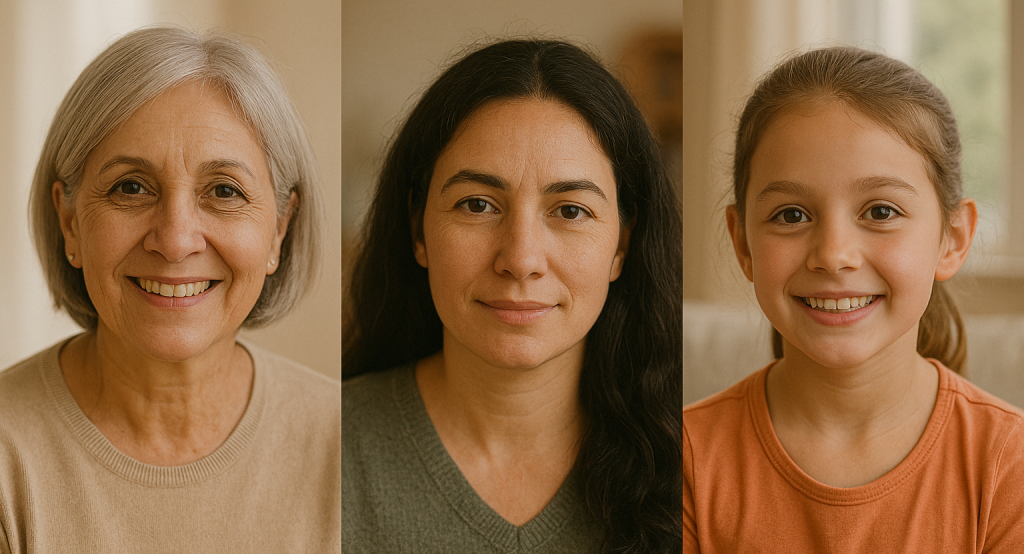
At Last : You Are Not Alone in This.
If you take one thing from this blog, let it be this:
You are allowed to grow with your child.
You are allowed to grieve while you nurture.
You are allowed to mess up and still be a good mother.
Healing your inner child while raising leading child and adolescent development isn’t a straight path. It’s messy and sacred and filled with moments that break you open.
But every time you choose awareness over reaction, connection over control, softness over shame you are rewriting the story.
For yourself. For your child. And for the generations to come.
You don’t have to do it perfectly.
You just have to do it consciously.
With love,
Nermine
Frequently Asked Questions
What Does It Mean to Heal Your Inner Child While Parenting?
It means recognizing that your child may activate unhealed parts of your inner child. As you care for them, you also learn to nurture the little one inside you who still longs for safety and love.
Why Is My Inner Child So Triggered by My Own Child?
When your child expresses emotions freely, it can awaken your inner child’s wounds. It can happen especially if you were shamed or silenced growing up. These moments are invitations to pause, and offer compassion inward.
Can I Heal My Inner Child Without Being a “Perfect” Parent?
Absolutely. Inner child healing isn’t about perfection. It’s about presence, repair, and self-awareness. You’re allowed to grow, stumble, and still be a loving, conscious parent at the same time.
How Does Reparenting My Inner Child Affect My Child’s Future?
When you tend to your inner child, you break inherited emotional patterns. This creates a safer, more emotionally fluent space for your child—one where they don’t have to carry what you weren’t taught to heal.
